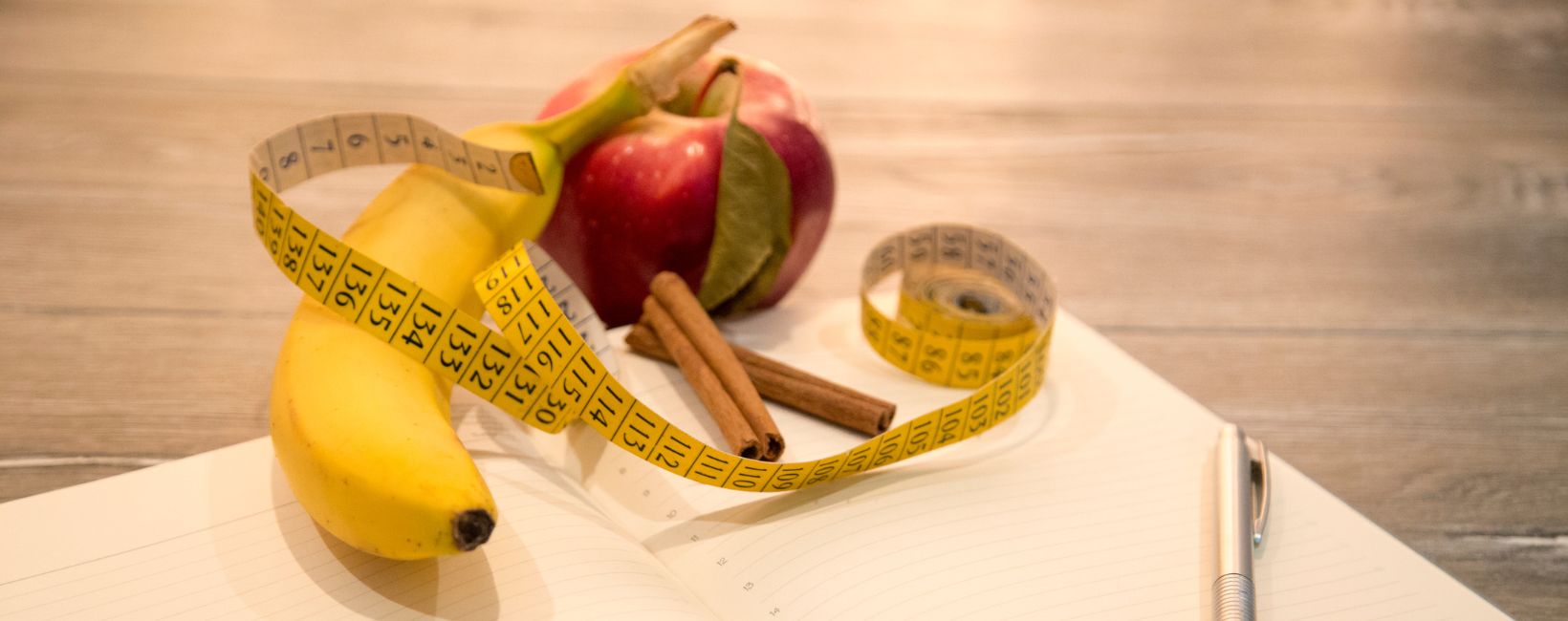Whether you are looking to improve your diet, lose weight, or understand your eating habits, keeping a food journal can be enormously beneficial. Often, if you are experiencing negative symptoms after eating, it is a great way to identify foods that may be causing unpleasant side effects. This is particularly true if you have an undiagnosed food sensitivity, like irritable bowel syndrome (IBS) or acid reflux.
While the thought of writing every little morsel down may seem tedious, it’s actually a lot easier than you think.
What is a Food Journal?
A food journal is a way for you to track what you eat and drink on a daily basis. In addition to what you are consuming, you should also note:
- How much you eat
- If you ate alone
- The time and location of your meal
- How you feel before, during, and after eating
A food journal may be recommended for medical purposes to better understand your eating habits. They may also be used to determine food sensitivities.
Though most people only keep food journals for a short time, others may find it helpful long-term for weight loss. This is because it can help keep you accountable for what you are eating.
Benefits of a Food Journal
These journals have been associated with several benefits:
- Helps you build healthy eating habits
- Promotes weight control
- Assists in identifying food sensitivities
Tips to Get You Started
Keeping a journal for your daily diet doesn’t have to be a difficult process. Here are a few quick tips to get you started:
Keep Track as You Go
Don’t wait until the end of the day to track all your meals. There is a good chance you might forget to add things. Additionally, it can be a lot harder to estimate portions since you’ve already eaten your food. Be sure to track your meals as you eat them to keep your journal more accurate.
Write Everything Down
Though a small midday snack may not seem like a big deal, it’s important to write it down in your journal. If you are trying to determine allergies or sensitivities, even a small amount of food can cause symptoms. Additionally, little calories here and there can add up, so if you are watching your weight you should track every nibble.
Be Specific
When keeping a food journal, it’s important to be as detailed as possible. rite down ingredients and try as best you can to include accurate portion sizes.
Try using measuring cups or a scale to get a better idea of how much you are eating.
Consider an App
If you have a smartphone, it is considerably more convenient than manually writing everything down using a physical journal and pen. Most apps have extensive food libraries including drinks that can automatically fill in the caloric information. Not only does this save time and effort, but it is also considerably more accurate.
Also, consider an app to help you prepare meals.
Monitor Your Mood
There is a direct connection between what you eat and how you feel. When filling out your journal, keep track of how your mood changes throughout the day. Keeping track of how you feel before eating a meal can also help you identify patterns in your eating habits.
Now that you’ve gotten in the right mindset for healthier living, how about keeping the positivity going? Download our eBook on how to Improve Your Fitness Over 60!
